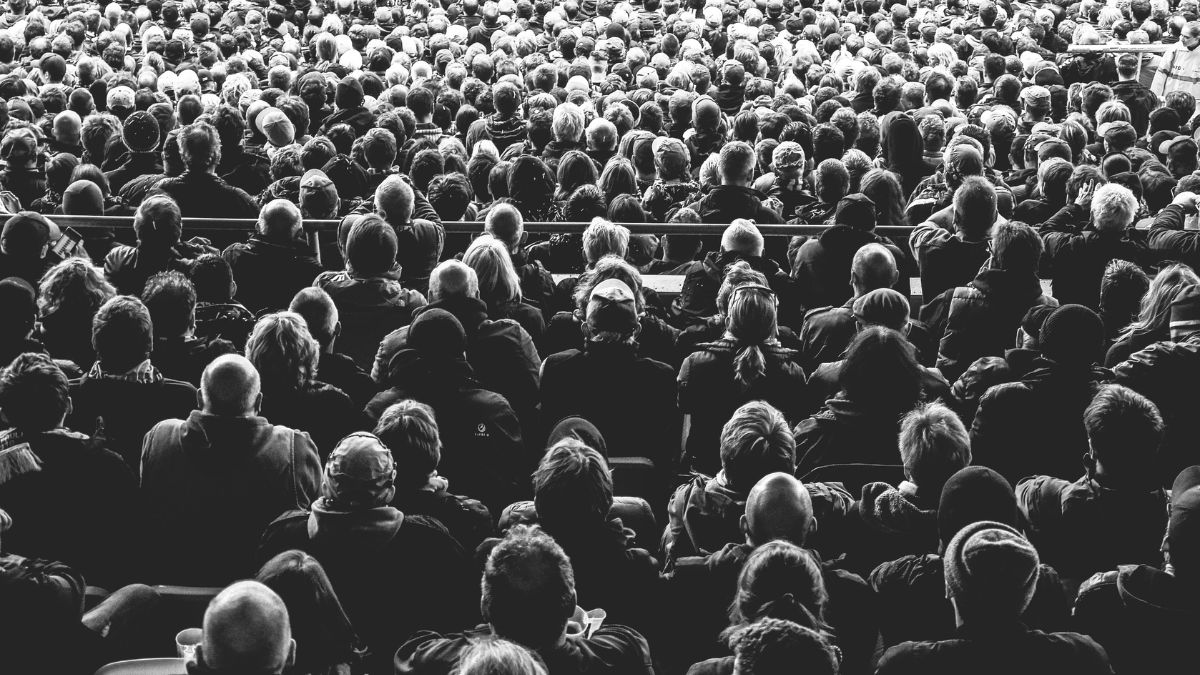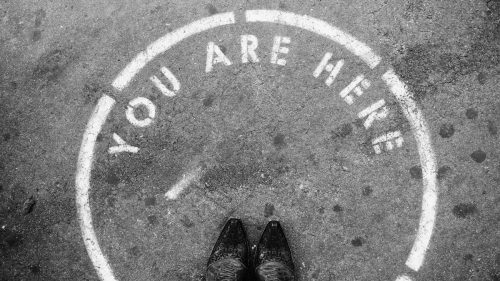


Oxford University Press’s 2024 word of the year is … “brain rot.” The term is not new. Henry David Thoreau first used it in his 1854 book Walden to refer to the devaluing of complex ideas in favor of simple ones.
Today, however, “brain rot” has everything to do with screens. According to Oxford, brain rot is the “deterioration of a person’s mental or intellectual state … as the result of overconsumption of material (now particularly online content) considered to be trivial or unchallenging.” The Word of the Year is not a prize from Oxford University Press. According to the website, the word is chosen from a short list of six words that “reflect the moods and conversations that have helped shape the last year.” The final word is chosen after input from the experts, as well as the public.
Tracking the Word of the Year is a fascinating way to mark recent Western history. In the early 2000s, the process was more prescriptive than descriptive. Winning words like “carbon-neutral” and “carbon-footprint” marked the primary “moods and conversations” of the experts more than of wider society. However, a few years later, “stay-cation” and “credit crunch” signaled the concerns of those in an era of financial crisis.
By the 2010s, as smartphones went into the hands of most people, the Words of the Year and runner-up words reflected a world collapsing into screens. The selected words went from the more benign “tweet,” “hashtag,” and “selfie” to more serious words such as “binge-watch,” “doomscrolling,” “nomophobia,” (the fear of being without a cellphone), and “parasocial,” (a one-sided, unreciprocated sense of intimacy felt by a user, follower, or fan).
If “brain rot” is the word best defining our moment, it’s the conclusion of a process that started long ago. Scrolling through social media has disconnected a generation from reality and each other, contributing to lapses in cognitive function. It’s the product of the main way that people work, relate, and even relax. Far from being restful, however, studies show that our endless scrolling has left us more depressed, more stressed, more anxious, and addicted to something that is slowly destroying our health.
God has a better plan for our rest. I used to tell summer staffers exhausted from a busy two-weeks at Summit Ministries not to “rest” in front of the TV. Had there been a “word of the year” in the late 1990s, “vegging out” may have been it. Endless scrolling is an even worse counterfeit for rest, because it adds in a level of “FOMO” (that’s “fear of missing out”).
A better way to rest is to read. For example, the Psalms are a tremendous option to read and rest. The mistake is to think we can only rest by shutting off our minds. Rather, even our “spare time” can be designated to glorify God and care for the bodies He gave us.
A Biblical account of good rest is Elijah after the epic battle of Mount Carmel. In fact, it is often after a big “win” that we are most vulnerable. Threatened by Jezebel, Elijah ran into the wilderness to escape, pout, and despair. God sent an angel who, rather than scold and correct Elijah, fed him and told him to take a nap. After repeated meals and naps, the angel sent Elijah to meet God.
Of course, Jesus Christ also rested by taking time in solitude and to even grieve. Rest is so important, in fact, that God built it into reality, reserving a whole day for it!
In a culture of “brain rot,” resting well is profoundly counter-cultural. Determining to “think on good things” is revolutionary. To restfully marvel at the beauty of creation is weird, even. But any of these things will be better than “brain rot.”
Have a Follow-up Question?
Up
Next

Related Content

© Copyright 2020, All Rights Reserved.













